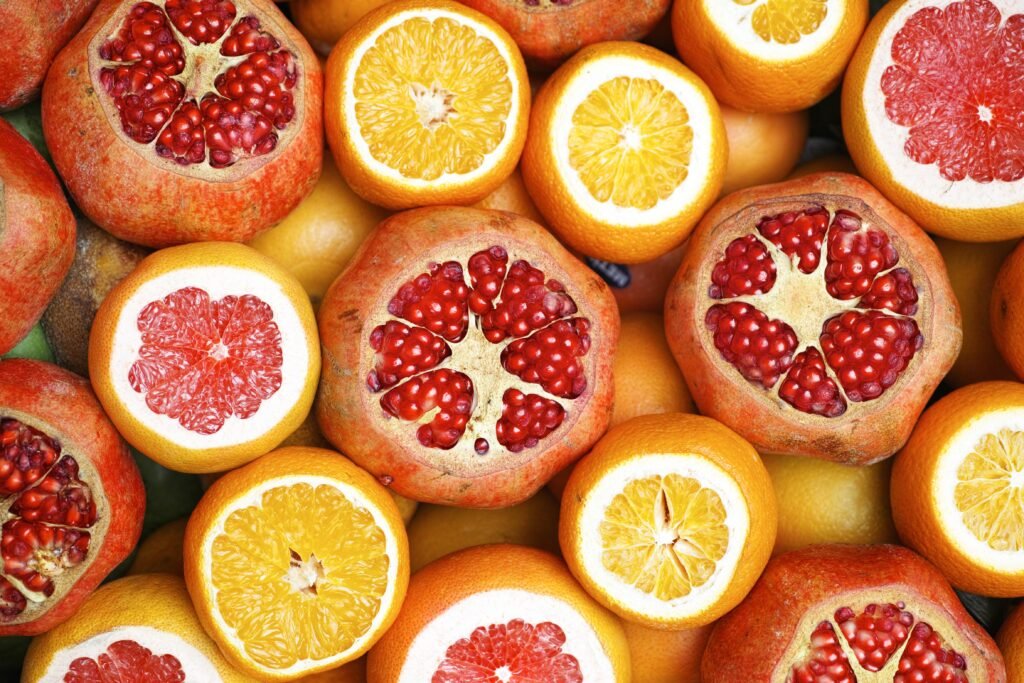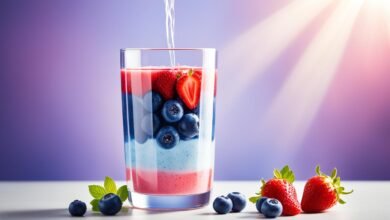
Vitamin A is vital for health, encompassing aspects such as vision, immunity, and skin. Moreover, since our bodies can’t produce it, we need to obtain it from our diets. In this article, we’ll delve into the diverse sources of vitamin A, categorizing them into animal and plant options, and discuss how to incorporate them for a healthier you.
Animal-Based Sources of Vitamin A
- Liver: Liver, especially from beef, is a nutrient powerhouse, providing abundant retinol, the active form of vitamin A. A small serving can fulfill your daily vitamin A needs.
- Fish: Fatty fish like salmon, mackerel, and trout are rich in retinol, making them excellent choices to boost your vitamin A intake while reaping the benefits of omega-3 fatty acids.
- Dairy Products: Whole milk, cheese, and butter contain retinol. These dairy items can be a source of vitamin A, especially for those who prefer non-plant-based options.
Plant-Based Sources of Vitamin A
- Beta-Carotene-Rich Vegetables: Beta-carotene is a provitamin A carotenoid found in various vegetables.
- Carrots: Carrots are iconic for their high beta-carotene content and are versatile for snacking, salads, or side dishes.
- Sweet Potatoes: These orange-fleshed wonders are not only delicious but also pack a substantial beta-carotene punch.
- Leafy Greens: Spinach, kale, and collard greens are packed with beta-carotene and offer numerous additional health benefits due to their rich nutrient profiles.
- Colorful Bell Peppers: Red, orange, and yellow bell peppers are brimming with beta-carotene, lending vibrant colors to your meals.
- Other plant-based sources:
- Pumpkin: Pumpkin, often associated with autumn, is a seasonal delicacy abundant in beta-carotene.
- Mangoes: These tropical fruits are both refreshing and a delightful source of vitamin A.
Additional Sources of Vitamin A
Apart from retinol and beta-carotene, other vitamin A sources warrant attention:
- Eggs: Eggs offer both retinol and lutein, another carotenoid essential for eye health.
- Fortified Foods: Some food products, such as cereals and plant-based milk, are fortified with vitamin A to help individuals meet their daily requirements.
In Summary,Vitamin A is crucial for your diet. Whether from animal sources like liver and fish or plant sources like carrots and greens, a diverse intake of vitamin A-rich foods is essential for overall health. A balanced diet with these sources preserves vision, enhances immunity, maintains skin health, and supports growth. Explore and integrate these sources for a healthier you.
Vitamin A: The Vision Vitamin and Beyond





